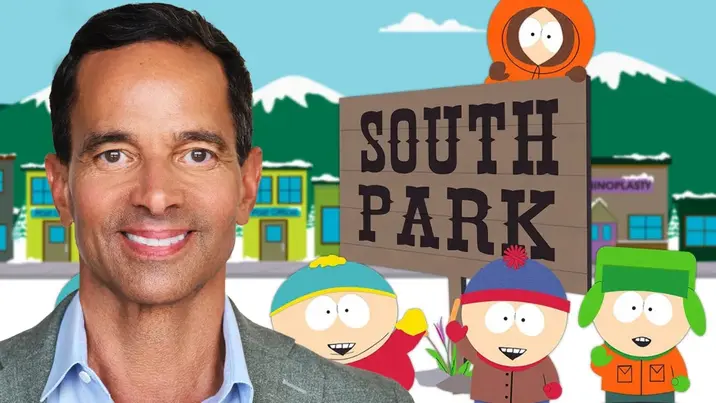T4K3.news
South Park Avatar Change
South Park changes its avatars to Kristi Noem melting face as part of ongoing satire of the Trump administration.
A sharp look at how an animated show uses online visuals to poke at a political figure and a sitting administration.
South Park changes avatars to Kristi Noem melting face
South Park has taken its satire to the profile page. This week the show's social media accounts swapped their avatars to feature Kristi Noem in a surreal melted-face image, a visual gag that mirrors the episode’s targets. The stunt follows the second episode of season 27, which skewered Noem and the immigration policies tied to Homeland Security, including the department’s recruitment standards. Noem dismissed the jokes as petty, while the online persona of the show continued to press the gag across Facebook, Twitter and Instagram.
Observers say the move taps into a familiar online dynamic: humor feeds attention, and attention fuels more humor. South Park’s creators, Trey Parker and Matt Stone, appear to lean into a relentless, full-court press that keeps the meme machine humming even as some viewers roll their eyes. The White House response has been to endure the memes rather than engage in a direct confrontation, a pattern that underscores how satire now operates in a perpetual media loop.
Key Takeaways
"petty."
Noem calling the jokes petty
"we'd never accuse this of being particularly clever trolling"
Author's assessment of the tactic
"the thing about trolls is that you really don't want to challenge them to a petty-off"
Author's observation on online behavior
"this kind of full court press feels bracing"
Observations on South Park's approach
In an era of rapid-fire memes, a steady stream of avatar swaps and enhanced visuals can feel more contagious than a traditional punchline. The tactic works because it blends humor with a public-facing persona, turning everyday social feeds into a stage for political theater. Yet there is a risk the joke becomes self-perpetuating—pushing audiences toward fatigue or armchair polarization. Satire thrives on momentum, but the fastest way to stall it is to ignore it. The piece also raises questions about the boundaries of online humor when the targets are real people holding public office, and whether the joke helps or harms public discourse.
Highlights
- petty.
- we'd never accuse this of being particularly clever trolling.
- the thing about trolls is that you really don't want to challenge them to a petty-off
- this kind of full court press feels bracing
Political backlash over satire and online trolling
The stunt touches political sensitivity and could trigger public backlash, public debate, and advertiser scrutiny as audiences react online.
Satire remains a live force in a crowded digital landscape.
Enjoyed this? Let your friends know!
Related News

South Park mocks Kristi Noem after parody backlash

South Park season premiere critiques Trump administration

George Cheeks to Lead South Park in New Paramount Structure

South Park signs deal for 50 new episodes and Paramount+ streaming

South Park attacks Trump and Paramount in new episode

Manufacturing revival linked to new US tariffs announced

Birmingham lowers speed limits on major roads

Angola's natural wonders ready for tourists
